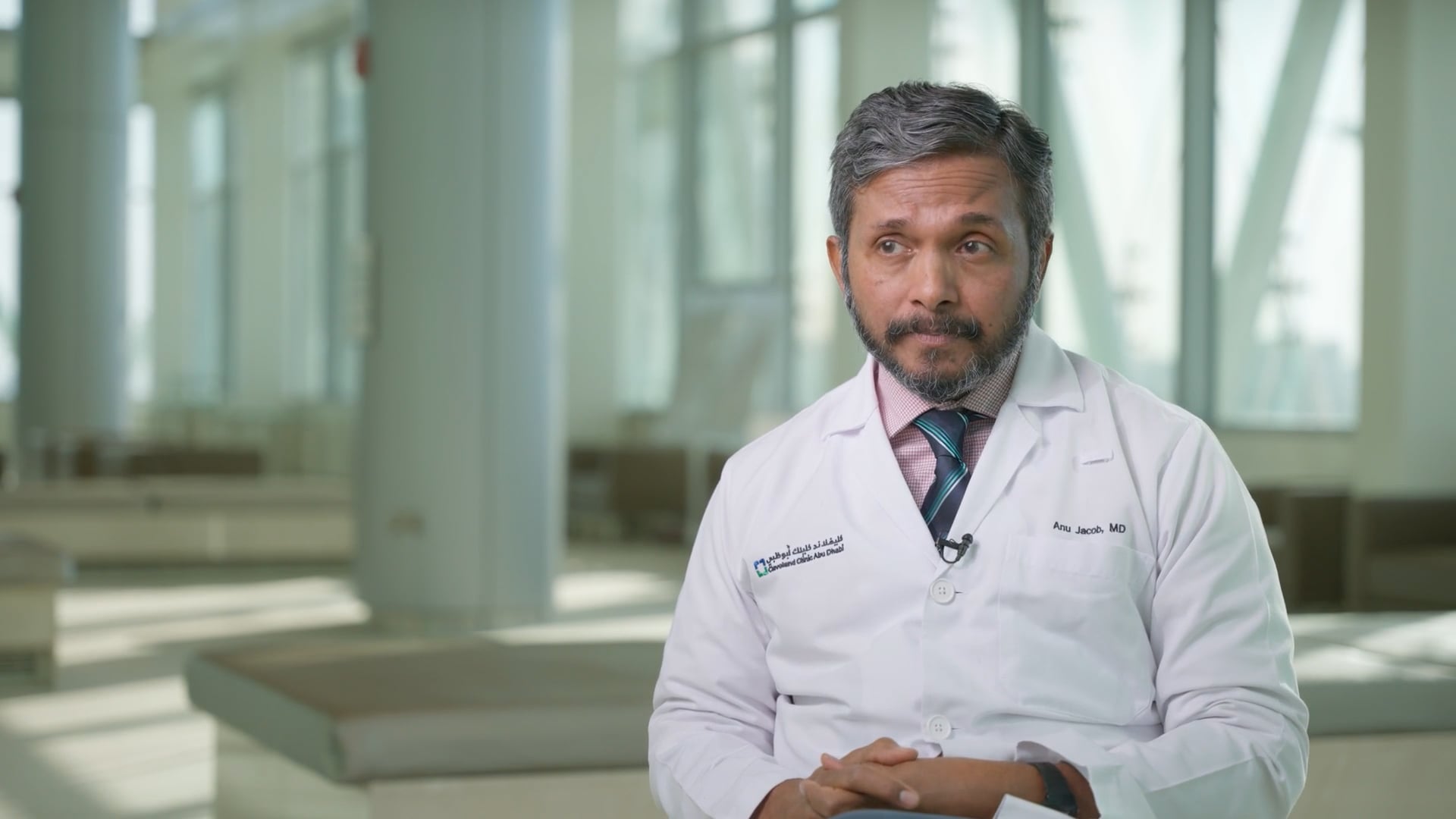#LifewithMS | Dr. Andrew Woo, Mahmood El Belushi, Saeed Al Habsi
Understanding MS & Causes
MS is a chronic autoimmune disease affecting 2.5 million people globally, with symptoms like fatigue, cognitive issues, and mobility challenges. It is more common in women and linked to low Vitamin D levels. While genetics play a role, Epstein-Barr Virus (EBV), Vitamin D deficiency, and gut health are key risk factors.
Diagnosis & Treatment
MRI is the gold standard for MS diagnosis. 15 FDA-approved medications help reduce relapses and slow disease progression. Ocrelizumab (Ocrevus) is the first drug for Primary Progressive MS. Lifestyle changes like diet, exercise, and stress management complement treatment.
Alternative Approaches & Future Research
Diets like Swank, Wahls, and intermittent fasting may reduce inflammation. Vitamin D, exercise, and mindfulness help manage symptoms. Stem cell therapy and monoclonal antibodies show promise in stopping MS progression.
Challenges & Ramadan Fasting
Patients often hesitate with medications due to side effects. Managing heat, hydration, and nutrition is crucial for fasting MS patients. Cooling devices and electrolyte balance can help reduce symptoms.

